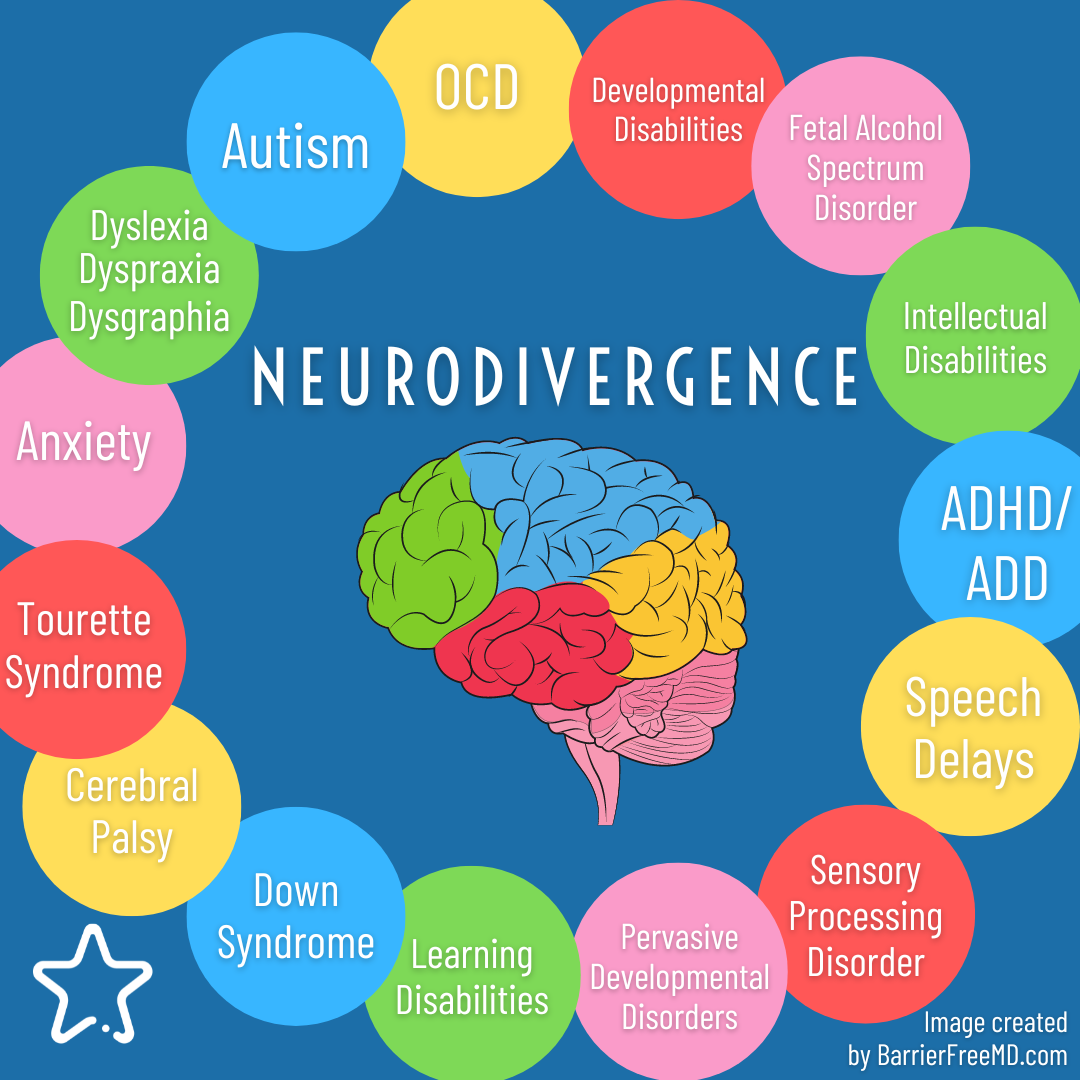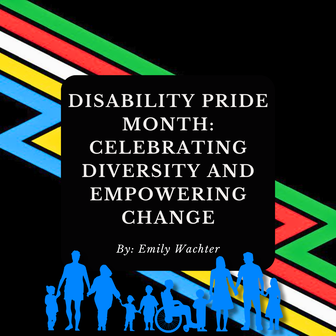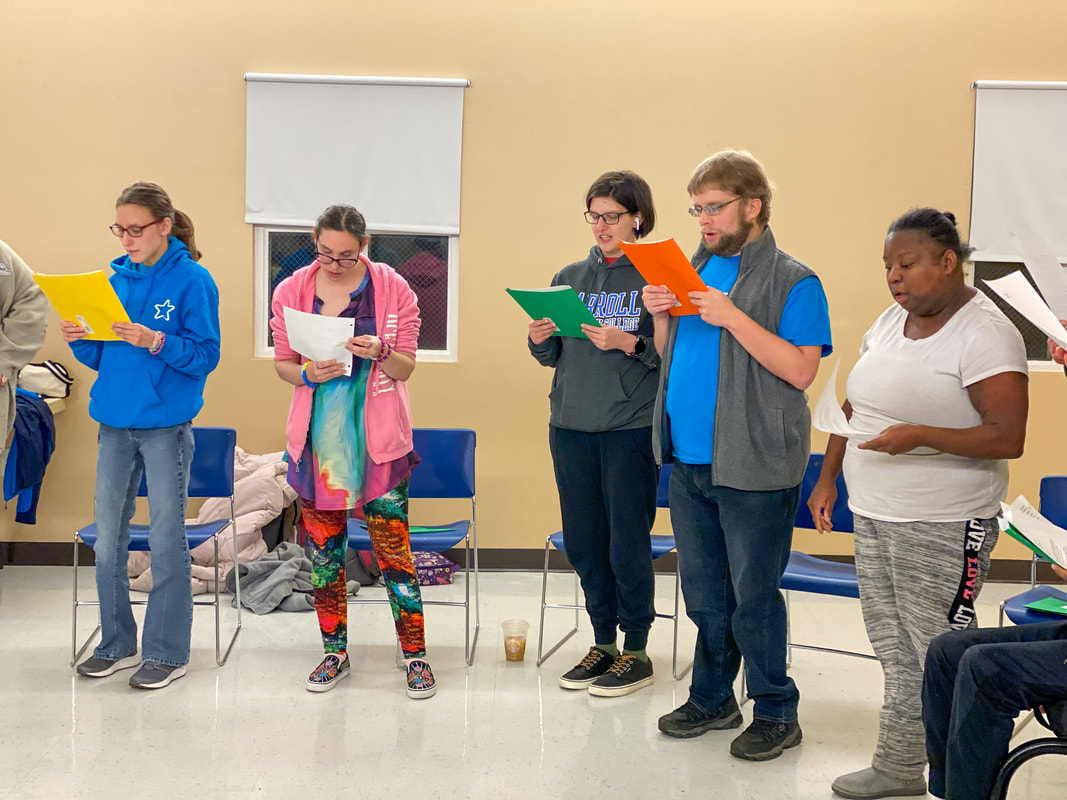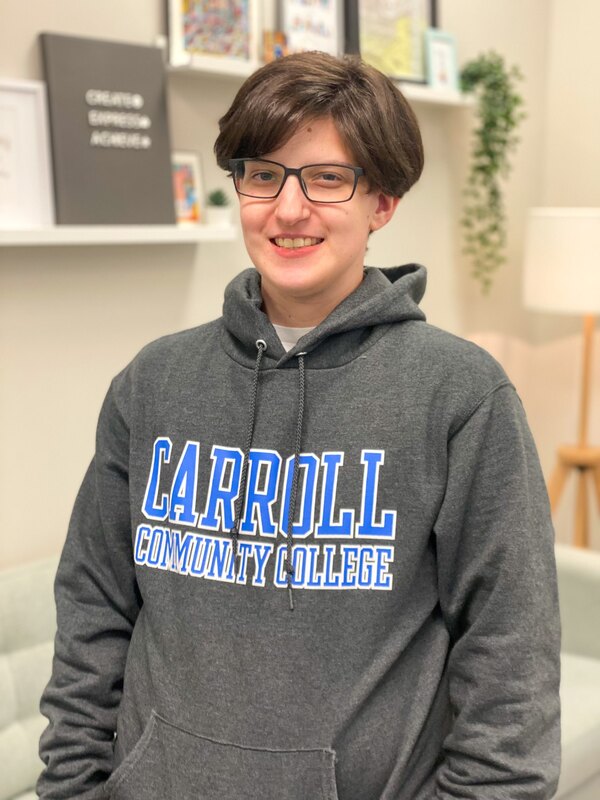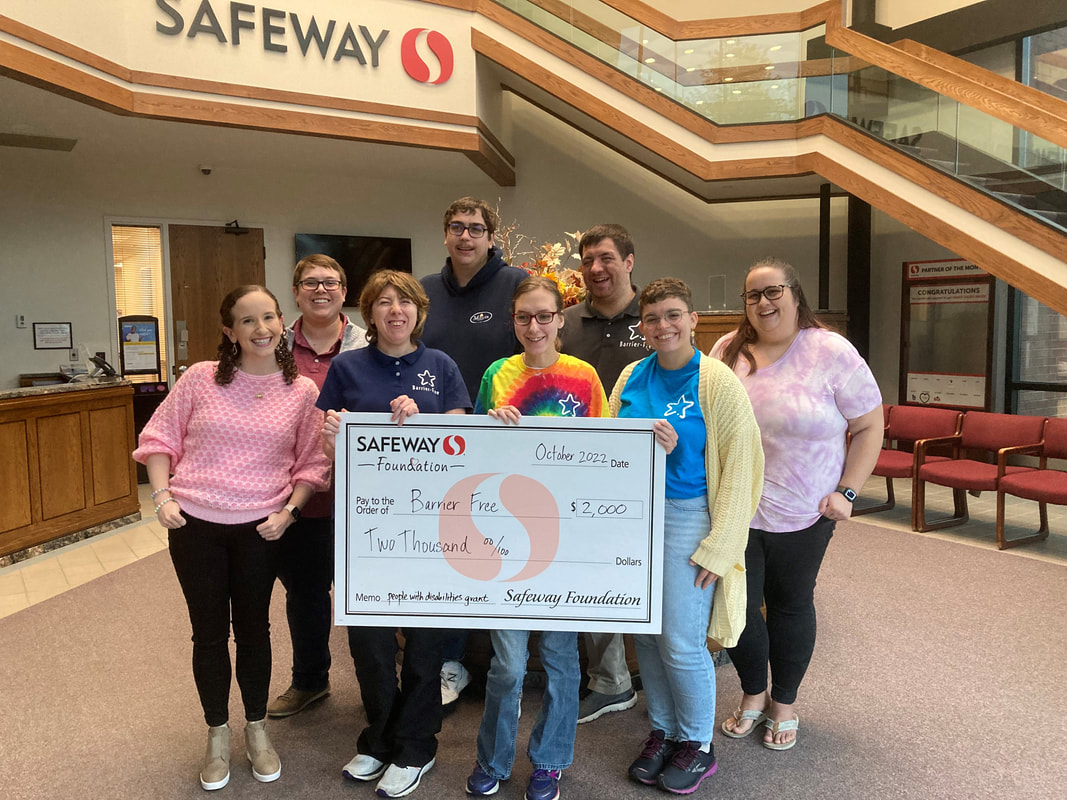|
Neurodiversity and neurodivergence are two terms that have gained increasing attention in recent years. Both concepts are related to the idea that there is a natural variation in the human brain, and that this variation should be recognized and respected. However, there are some important differences between these two concepts. In this blog, we will explore the definitions of neurodiversity and neurodivergence, their similarities and differences, and the implications of these concepts for society. Neurodiversity refers to the idea that there is a natural variation in the human brain, and that this variation is normal and should be recognized and respected. This concept was first introduced by the autism rights movement in the 1990s, and has since been embraced by a variety of disability rights advocates. Neurodiversity encompasses a wide range of neurological differences, including autism, ADHD, dyslexia, and Tourette syndrome, among others. Neurodivergence, on the other hand, refers specifically to individuals whose neurological development diverges from the norm. This concept was introduced by Nick Walker, a writer and advocate for the autism community, and is closely related to the concept of neurodiversity. However, neurodivergence focuses more on individuals who experience a significant difference in their neurological development, rather than simply recognizing that variation exists. There are some important similarities and differences between neurodiversity and neurodivergence. Both concepts recognize the natural variation in human brains, and challenge the idea that there is a "normal" or "typical" brain. Both also emphasize the importance of respecting and accommodating individuals with neurological differences. However, there are some key differences between these two concepts. Neurodivergence specifically focuses on individuals who experience a significant difference in their neurological development, while neurodiversity is a broader concept that includes a wider range of neurological differences. Additionally, neurodivergence often emphasizes the experiences and perspectives of individuals who are diagnosed with conditions such as autism, ADHD, or dyslexia, while neurodiversity is a more general concept that encompasses a wider range of experiences and perspectives. The implications of these concepts for society are significant. Embracing neurodiversity and neurodivergence means recognizing that individuals with neurological differences have unique strengths and challenges, and that these differences should be valued and respected. This includes providing accommodations and support for individuals with neurological differences in educational and workplace settings, and challenging the societal norms that stigmatize and marginalize individuals who do not fit the neurotypical mold. In conclusion, neurodiversity and neurodivergence are two important concepts that challenge the idea of a "normal" or "typical" brain. While both concepts share some similarities, there are also important differences between them. Recognizing and embracing neurodiversity and neurodivergence is essential for building a more inclusive and equitable society, where all individuals are valued and respected for who they are. References:
0 Comments
*|MC_PREVIEW_TEXT|*
*|MC_PREVIEW_TEXT|*
"Music is the universal language of mankind." For me, singing is more effortless than social communication. Music has a pattern to it. Social communication may or may not have a pattern, depending on the context in which it occurs. Music has a rhythm to it. A conversation does not have a rhythm to it. Music is easier for me to memorize. It's easier to memorize because of the rhythm, beat, and repetition of the chorus. Music makes me feel free. Conversations make me feel restricted. Music lets me block out all the noise that occurs in the world. Noise comes from many things: television, microwave, oven, computer clicks, and cars. I have control of the volume of the music I listen to. I can't control the volume of the things around me. Music helps me focus. It takes a lot of work to focus on a conversation. Through music, I can communicate my feelings without having to put actual spoken words to what I feel. Sometimes when I'm upset a song will play in my head and that is a signal that something is wrong. Music allows me to express myself. Music allows my friends and me a chance to freely stim. Stimming is something people with autism use to regulate themselves. Music helps me accomplish tasks I struggle to do and achieve them faster.
Join us in saying THANK YOU to the Safeway Foundation! The foundation has awarded Barrier-Free a $2000 grant to support the expansion of our Cooking Skills projects for neurodivergent adults at The Life Skills & Social Studio.
Please help us show our appreciation by visiting your neighborhood store and telling employees how much you appreciate their support! |
About our BlogThe Barrier-Free blog exists as a space to share Barrier-Free news, helpful information, and a creative sharing space. Archives
March 2024
Categories
All
|
||||||||||||||||||||||||||||||||||||||||||||||||||||||||||||||||||||||||||||||||||||||||||||||||||||||||||||||||||||||||||||||||||||||||||||||||||||||||||||||||||||||||||||||||||||||||||||||||||||||||||||||||||||||||||||||||||||||||||||||||||||||||||||||||||||||||||||||||||||||||||||||||||||||||||||||||||||||||||||||||||||||||||||||||||||||||||||||||||||||||||||||||||||||||||||||||||||||||||||||||||||||||||||||||||||||||||||||||||||||||||||||||||||||||||||||||||||||||||||||||||||||||||||||||||||||||||||||||||||||||||||||||||||||||||||||||||||||||||||||||||||||||||||||||||||||||||||||||||||||||||||||||||||||||||||||||||||||||||||||||||||||||||||||||||||||||||||||||||||||||||||||||||||||||||||||||||||||||||||||||||||||||||||||||||||||||||||||||||||||||||||||||||||||||||||||||||||||||||||||||||||||||||||||||||||||||||||||||||||||||||||||||||||||||||||||||||||||||||||||||||||||||||||||||||||||||||||||||||||||||||||||||||||||||||||||||||||||||||||||||||||||||||||||||||||||||||||||||||||||
|
Copyright © Barrier-Free 501(c)(3) All rights reserved.
|
|

